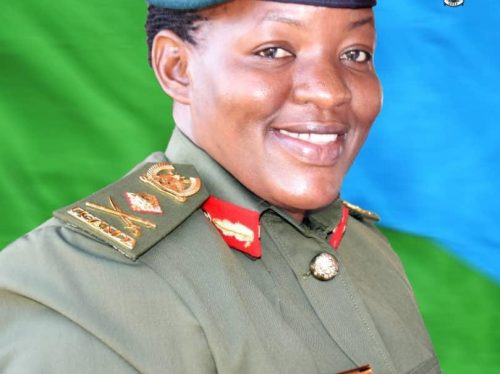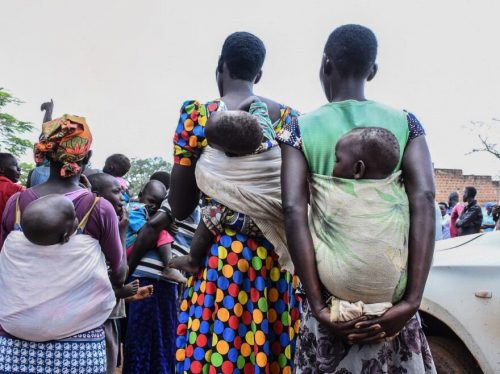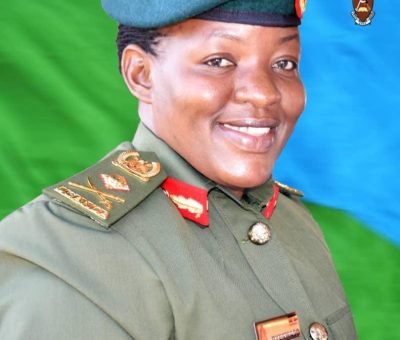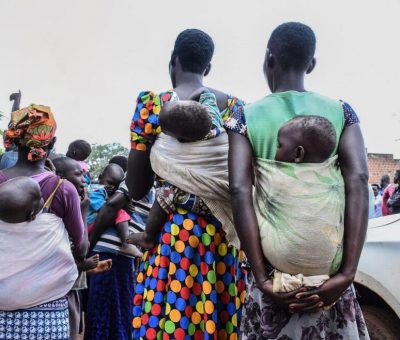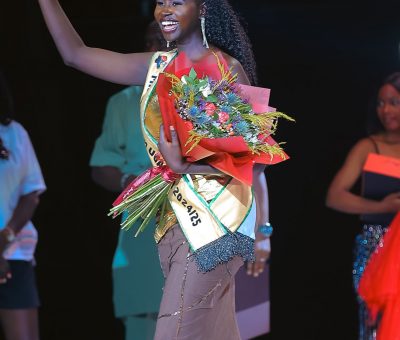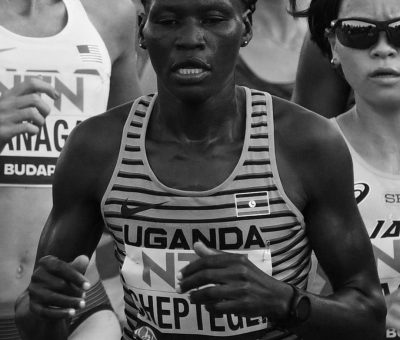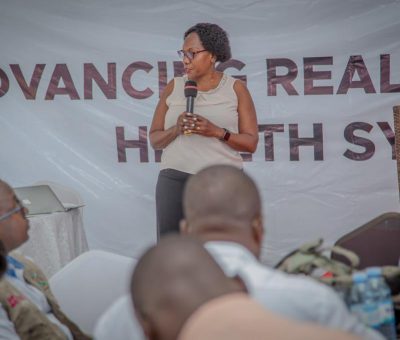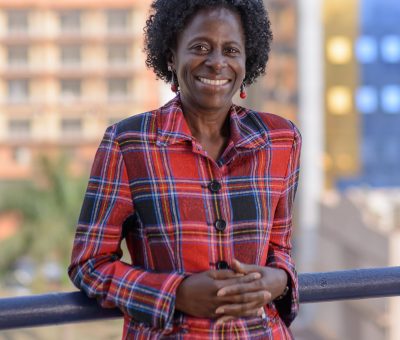Kwagala farm championing farming on small space
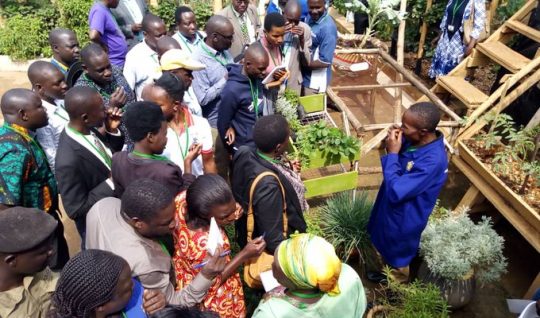
According to the leading development organization worldvision.ca, across cultures, food is a way to bring togetherness to the table and celebrate our shared humanity. On Maslow’s hierarchy of needs, food, water, shelter and rest are foundations for a healthy human. Without these fundamental pieces in place, it is difficult to advance to think about safety, community, our future or our potential. Food security is at the baseline of human needs. Without it, we cannot survive, let alone thrive.
Access to safe, nutritious and sufficient food is a basic need and should be treated as a human right, with priority given to the most vulnerable. Apart from basic nutrition, food security is also linked to economic stability, long-term health, women’s empowerment and the environment.
A report by Makerere University shows that Kampala has experienced an increase in the prices of basic food since 2002. This has been attributed to the growing demand for food due to an increase in the number of people resulting from contributing factors like high birth rates and rural-urban migration. The report further explains that urban agriculture could be a response and a possible solution to the food supply crisis in Kampala.
Although many believe that one must have big chunks of land to practice farming, Kwagala Farm challenges this belief by using small space to practise urban farming. Kwagala Farm is a Ugandan driven initiative founded in 2010 to drive urban food and nutrition security.
In addition, Kwagala Farm provides market linkages for urban women and is currently running projects in the Katanga slum, Luwero and Mukono districts, all aimed at transforming the livelihoods of women through urban farming concepts.
Reagan Kiganda, the farms’ operations manager says that since its inception, over 10,000 women have been given hands-on experience in growing vegetables in sacks, wooden boxes on their verandas and in their backyards.
He adds that many women who started their own farms are now making a living out of the projects, emphasising that training covers a range of thematic areas including teenage mothers, single mothers and victims of gender-based violence.
“In addition we encourage nutritional beneficial crops, especially now that the world is experiencing a surge of new diseases that need strong immunity,” Kiganda says.
He further notes although the lockdown resulting from covid-19 slowed down training due to the restrictions in transport, management is working around the clock to digitalise the training so that clients can access the step by step procedure online.
Dr Diana Nambatya Nansubuga, the team leader at Kwagala Farm says the farm is an integration of nutrition and health and has played an important role in empowering women. They use the farming skills from the farm to integrate the farm model in their homes she notes.
Daphine Namanya, an agriculture student commends Kwagala Farm for this initiative which has enabled her to make use of her limited space to practice farming. Sauda, an agriculture student from Makerere University says the initiative is very helpful and has motivated her to start farming using her father’s land.
Kwagala Farm also hosts market days at the farm, where people living in the nearby areas, especially market vendors, come and purchase fresh produce to sell and for home consumption. Since its inception, Kwagala Farm has now supported more than 500 households to establish and grow urban farming projects.


